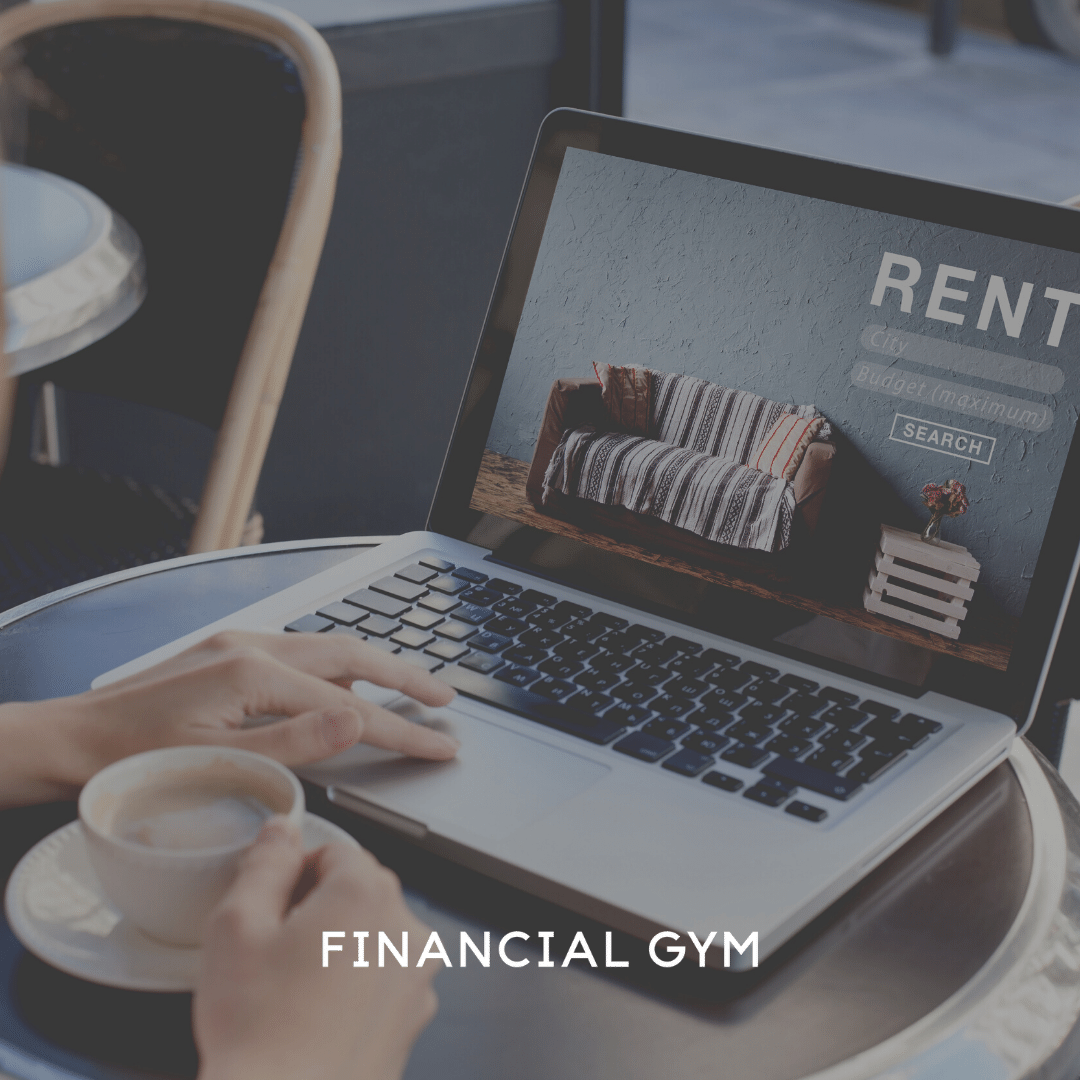Ask A Trainer: How Much Rent/Mortgage Can I Afford?
Housing, whether that is rent or a mortgage payment, is the biggest line item in most household budgets. It also takes the most time, money, and effort to change, so when you are deciding on this part of your budget, it’s worth careful consideration. But knowing how much you should aim to spend on housing can be confusing.
Rules of Thumb and Their Limitations
You have probably heard certain rules of thumb for how much you can afford to spend on housing. One popular guideline says that you should spend no more than 30% of your gross monthly income on rent. This rule of thumb originated from national public housing regulations passed in 1969 that limited the amount of rent that low-income people in public housing were expected to pay in rent to 25% of their gross income. This limit was raised to 30% in 1981.
Typical guidelines for how much mortgage you can afford are a little different. They are based on your debt-to-income ratio (DTI), so unlike the 30% rule of thumb for rent, they do take other debt payments into account. While limits vary by lender, in general, they will allow you to borrow an amount that will keep your DTI to 43% or less.
Both of these calculations are based on your gross income. If you are spending 30% of your gross income on housing, that does not mean you have 70% to spend and save. We can’t forget about taxes, which also might take up 20-25% of your gross pay. That means that once you account for those two expenses, at least half of your total income is already spoken for.
The other issue with both of these guidelines is that they don’t account for any other major expenses you may have such as transportation, medical expenses, or childcare. Nor do they factor in housing-related expenses such as utilities, wifi/cable, parking, pets fees, and renters insurance. They also don’t take into consideration circumstances such as: where are you in your career? Do you live in a high cost of living area? Do you have goals that you are trying to save for?
If you are considering transitioning from renting to owning, keep in mind that your rent and your mortgage payment are not an apples-to-apples comparison. On top of your mortgage payment, you also need to consider homeowners insurance, property taxes, HOA fees, and maintenance costs. Those expenses are baked into your rent payment but not your mortgage payment.
What Does “Afford” Mean to You?
When you ask how much rent or mortgage you can afford, you need to be clear about what “afford” means to you. Does it mean that you can just pay your monthly bills, eat beans and rice, and not go into credit card debt? That you can keep up with your current lifestyle? Or that you can contribute 10% to retirement and save $300 per month for travel? The answer to this question will be a huge factor in the final calculation of how much you can “afford” to spend on housing.
How to Calculate The Amount You Can Afford to Pay for Housing
So what is the best way to figure out how much you can afford to pay in rent or for a mortgage?
Start by calculating how much you need to save or pay towards debt to steadily work on your financial goals.
Then, factor in your non-housing-related bills (minimum debt payments, subscriptions, memberships, transportation).
How much do you want to spend on day-to-day expenses like groceries, dining out, shopping, household items, personal care, and entertainment?
Add up these three categories and subtract the total from your monthly net income (i.e. how much you get in your paychecks). The amount leftover is how much you can “afford” to spend on housing and still live life the way you’d like while working on your goals. Just keep in mind that’s how much you have for your total housing costs, not just rent or a mortgage.
If this number turns out to be smaller than you would like, you need to make compromises on your spending or goals. Alternatively, work on increasing your income!
While guidelines and rules of thumb can be helpful to start thinking about how much you can afford to spend on housing, they are by no means the final answer. That is a much more personal calculation based on your finances and your goals. Don’t let an online calculator tell you otherwise!
Ready to take your finances to the next level?
To get started, schedule a free 20-minute consultation call to speak to a member of our team. We will ask you a few basic questions to get to know you more, walk you through our financial training program steps, and answer any questions you may have. No pressure to join! Need advice quickly? Talk to one of our Trainers on Demand.

